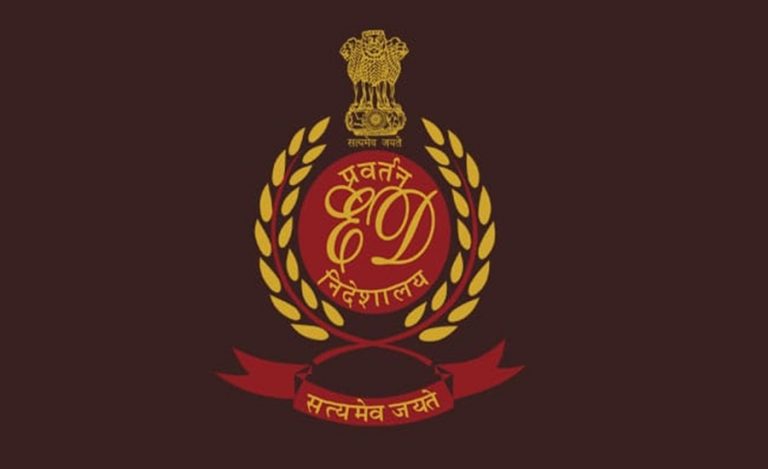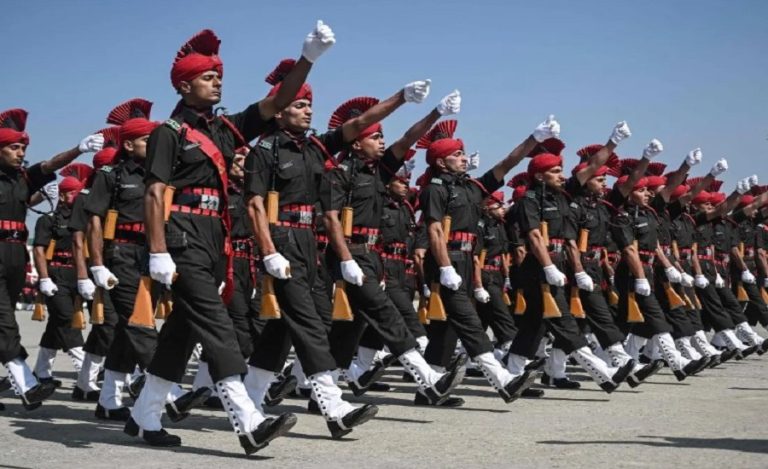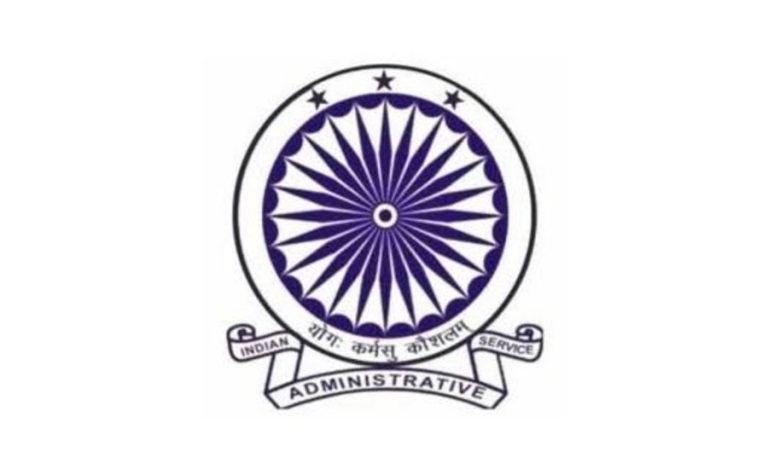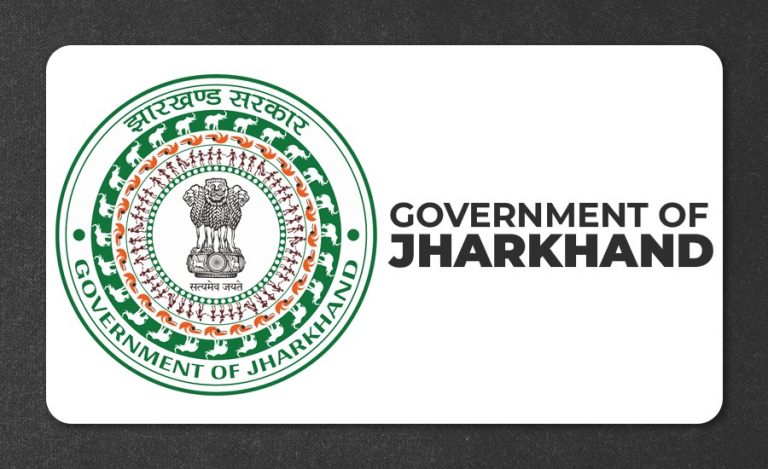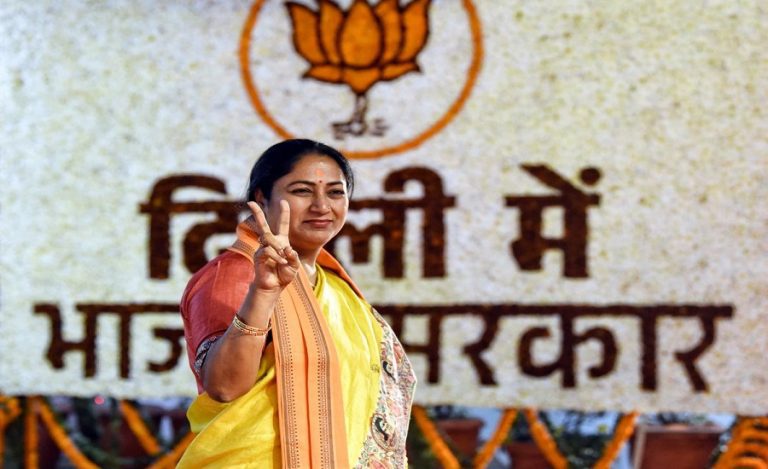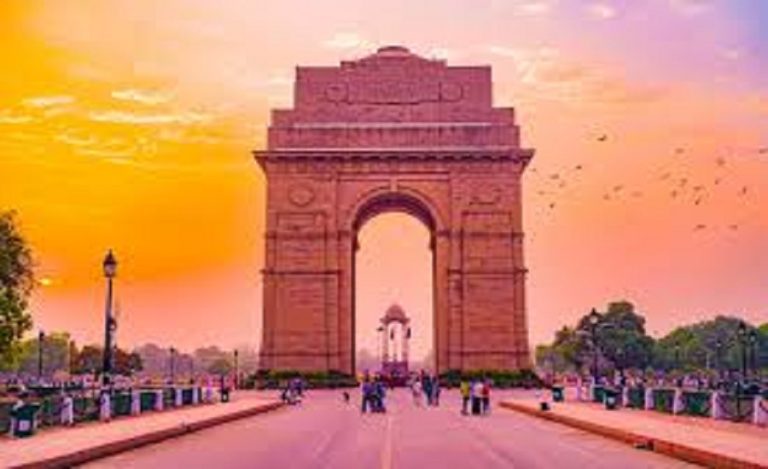New Delhi: The Union Public Service Commission (UPSC) will host a two-day ‘Shatabdi Sammelan’ on 26th and 27th November 2025 at Bharat Mandapam, New Delhi, as part of its centenary year celebrations. The event will bring together present and former Members and Chairpersons of UPSC and various State Public Service Commissions (PSCs), senior government officials, and distinguished personalities from across the Government of India.
Mr Om Birla, Hon’ble Speaker of the Lok Sabha, will grace the occasion as the Chief Guest, while Dr. Jitendra Singh, Hon’ble Minister of State (Personnel, Public Grievances and Pensions), will be the Guest of Honour, alongside other eminent dignitaries.
Conference ‘Chintan’ to Commemorate Constitution Day
The Sammelan will feature a Conference titled ‘Chintan’ on 26th November 2025, coinciding with Constitution Day. The session will commemorate the constitutional legacy of public service commissions in India, reflecting on their role in strengthening democratic governance and public administration.
Inaugural Plenary Session and Key Addresses
The Inaugural Plenary Session will include –
- Keynote Address by Mr Om Birla, Hon’ble Speaker of the Lok Sabha
- Ministerial Address by Dr. Jitendra Singh, Hon’ble Minister of State (Personnel, Public Grievances and Pensions)
- Remarks by Dr. Ajay Kumar, Hon’ble Chairman, UPSC
These addresses will set the tone for discussions on the evolving role of UPSC and State PSCs in nation-building, public service reforms, inclusivity, and technological transformation in recruitment processes.
A Platform for Dialogue and Reflection
The ‘Shatabdi Sammelan’ aims to serve as a forum for reflection and dialogue, bringing together leaders in public administration to deliberate on challenges, share experiences, and explore avenues for innovation in public service recruitment and governance.
About UPSC
The Union Public Service Commission (UPSC) is an autonomous constitutional body in India responsible for recruiting candidates for the All India Services and various central government’s Group A and Group B services. Established on October 1, 1926, and given constitutional status on January 26, 1950 (Article 315 of the Constitution), it operates with autonomy and freedom, similar to India’s higher judiciary and Election Commission.
The primary function of the UPSC is to conduct examinations, the most prominent of which is the Civil Services Examination (CSE), commonly known as the IAS exam. This rigorous, multi-stage process (prelims, mains, and interview) recruits officers for prestigious roles like the Indian Administrative Service (IAS), Indian Police Service (IPS), and Indian Foreign Service (IFS). The UPSC also advises the President on recruitment rules, promotions, transfers, and disciplinary matters concerning civil servants. Its headquarters are located at Dholpur House, New Delhi.


